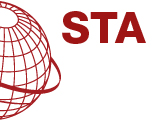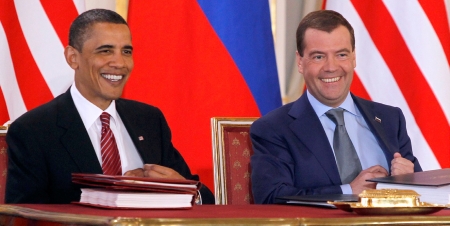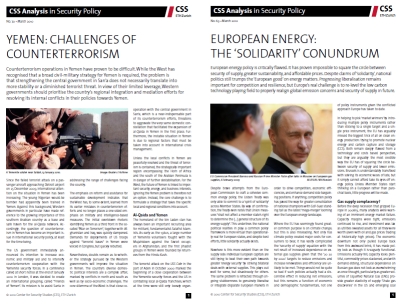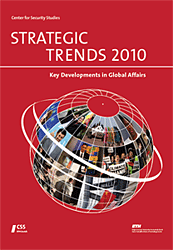
Our colleagues at the CSS have published new CSS Analyses on two topics that will continue to hit the headlines in the coming months.
- In Post-Conflict Democratization: Pitfalls of External Influence, the author, Judith Vorrath, addresses democratization as an important facet of post-conflict reconstruction and argues that despite ambivalent results thus far, democratization will remain an important component of peacebuilding. She calls for the optimization of democratization efforts in the following areas: the conscious handling of trade-offs, conceptual precision, and a dynamic conflict analysis.
- In Privatising Security: The Limits of Military Outsourcing, the author, Ulrich Petersohn, asks how far the trend towards a more privatized security sector will be allowed to go and what effects this is likely to have on mission fulfilment in the future. He argues that decisions on outsourcing should ultimately be made flexibly in accordance with the security environment.




